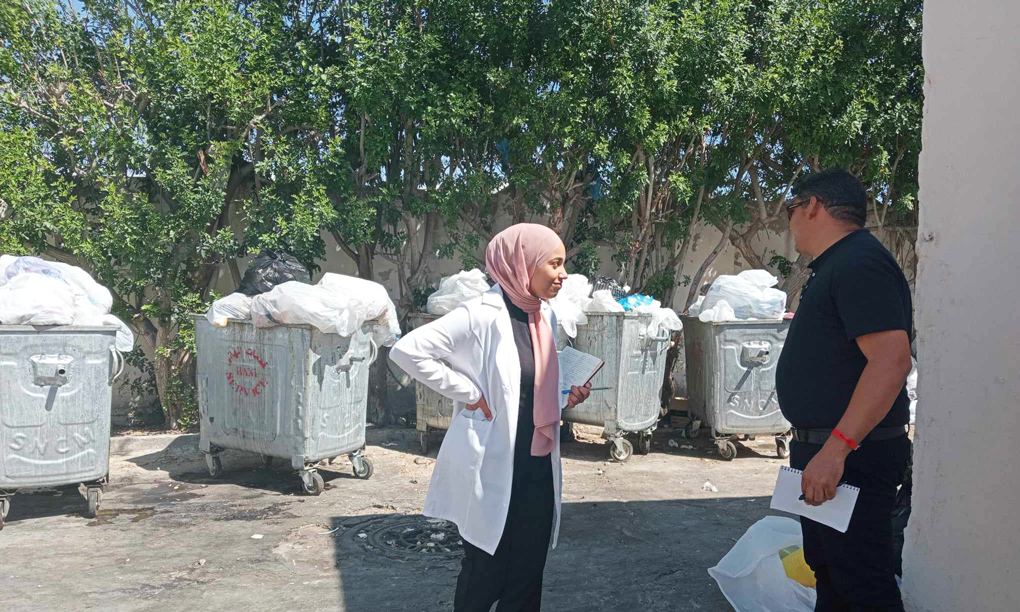Towards sustainable tourism in Tunisia: CLIMA encourages the reduction of food waste in hotels in Mahdia

Tunisia, with more than 6 million visitors in 2022, is a major tourist destination in the Mediterranean, generating significant revenue and employment for the country. However, this tourist success is accompanied by a less visible but crucial issue: food waste and loss. The European Union funded project CLIMA is committed to addressing this problem by working closely with the Tunisian hotel industry.
The situation is alarming: food loss threatens the sustainability of food systems, food security, and has an impact on the planet. To tackle this pressing issue, the CLIMA project focuses on two essential links in the food chain: hospitality and large-scale distribution. In this article, we will explore how CLIMA has partnered with the hotel industry, using the example of the coastal city of Mahdia.

Mahdia perfectly embodies the advantages and disadvantages of mass tourism in Tunisia. To address the issue of food loss in the region, CLIMA collaborated with the municipality of Mahdia and local hotels. An initial survey was conducted with 10 hotels to assess the extent of food loss, the quantities lost, and possible solutions. The results showed that all establishments were aware of food losses and their economic impact, although the exact figures remained unclear. Surprisingly, some pointed to consumers as the main culprits.
CLIMA then moved to a more practical intervention phase. Six hotels received personalized assistance from experts in the field. These experts conducted in-depth assessments of critical areas, including raw material reception, storage, preparation, and restaurant facilities. The findings led to an eight-point recommendation document aimed at reducing food loss in these tourist establishments.

CLIMA's goal is to reduce the production of organic waste and promote its valorization. In this sense, the project has decided to promote sustainable tourism in Tunisia, mitigating the environmental and economic consequences of the tourism sector while contributing to the country's food and nutritional security.









